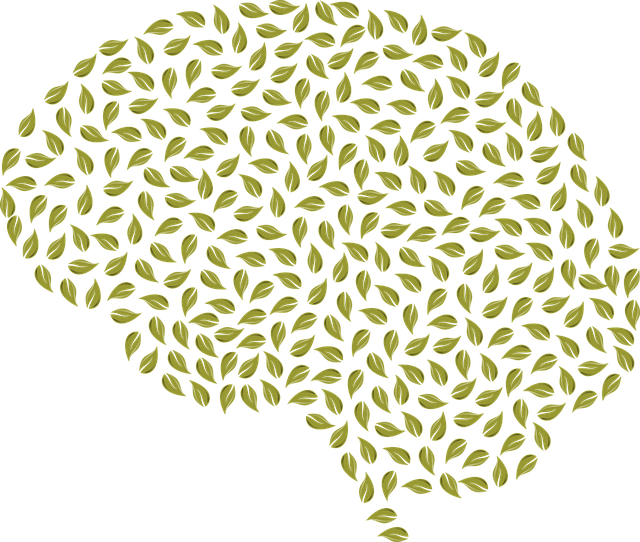Highlands Ranch Codependency Therapy employs a dual evaluation method for mental wellness programs, combining quantitative surveys with qualitative client feedback. This approach ensures comprehensive understanding of program effectiveness, facilitating continuous improvement and tailored support. Long-term tracking of participant progress, including follow-up sessions, assesses the integration of learned skills into daily life. Organizations like Stress Management Workshops play a crucial role in fostering inner strength, empathy, and ongoing self-care practices for sustained mental wellness.
Mental wellness program evaluations are essential for measuring effectiveness, ensuring sustainability, and improving outcomes. This article explores key methods used in evaluating Highlands Ranch Codependency Therapy programs. We delve into assessing program effectiveness with robust tools and techniques, examining participant feedback from diverse community voices, and analyzing long-term impact to foster enduring mental health benefits. By understanding these evaluation approaches, therapists can optimize their practices and better serve individuals seeking support.
- Assessing Program Effectiveness: Tools and Techniques
- Participant Feedback: Voices from the Community
- Measuring Long-Term Impact and Sustainability
Assessing Program Effectiveness: Tools and Techniques

Evaluating the effectiveness of a mental wellness program is paramount to understanding its impact and identifying areas for improvement. For instance, at Highlands Ranch Codependency Therapy, therapists employ a multifaceted approach to gauge success. One key tool is the administration of pre- and post-program surveys that measure participants’ symptoms, attitudes, and behaviors before and after treatment. These surveys can assess changes in levels of anxiety, depression, and codependency traits.
Additionally, qualitative methods like interviews and focus groups provide deeper insights into clients’ experiences. Therapists often gather feedback on the program’s communication strategies, self-awareness exercises, and community outreach program implementation. This blend of quantitative and qualitative data allows for a comprehensive understanding of program effectiveness and ensures that services remain aligned with participants’ evolving needs.
Participant Feedback: Voices from the Community

In any mental wellness program evaluation, participant feedback serves as a crucial barometer for success and areas needing improvement. At Highlands Ranch Codependency Therapy, we foster an environment where individuals feel heard and valued, encouraging them to share their experiences openly. This qualitative data is invaluable, providing insights into the effectiveness of our programs, particularly in areas like stress management and trauma support services. By collecting feedback from participants, we can tailor our approach to better suit their unique needs.
The voices from within our community help us understand the impact of our initiatives. This feedback not only highlights successful outcomes but also sheds light on potential challenges. It guides our team at Highlands Ranch Codependency Therapy in developing innovative solutions and refining our existing Stress Management Workshops Organization, ensuring we remain a trusted partner in mental wellness journeys.
Measuring Long-Term Impact and Sustainability

Evaluating the long-term impact of mental wellness programs is essential to understanding their effectiveness and sustainability. This involves tracking participant progress beyond initial program completion, assessing changes in mental health outcomes, and gauging the integration of learned skills into daily life. At Highlands Ranch Codependency Therapy, for instance, follow-up sessions or surveys can capture improvements in coping mechanisms, reduced dependency behaviors, and enhanced emotional regulation. These assessments reveal not only individual progress but also provide valuable insights for improving program design and tailoring support strategies.
Sustainability is a key indicator of a successful mental wellness initiative. To ensure long-term benefits, programs should foster the development of inner strength and empathy building strategies that encourage ongoing self-care practices. Stress Management Workshops Organization can play a pivotal role in this by offering continuing education, peer support groups, or resources for practicing mindfulness and resilience. By integrating these components, participants are better equipped to maintain their mental wellness over time, even when facing challenging life situations, ultimately leading to healthier and more fulfilling lives.
Evaluating mental wellness programs is essential for ensuring their effectiveness, especially in addressing complex issues like codependency. By utilizing a combination of assessment tools, participant feedback, and long-term impact measurements, such as those employed at Highlands Ranch Codependency Therapy, we can gain valuable insights into the success and sustainability of these initiatives. These methods allow us to adapt and improve programs, ultimately fostering better mental health outcomes for communities.














